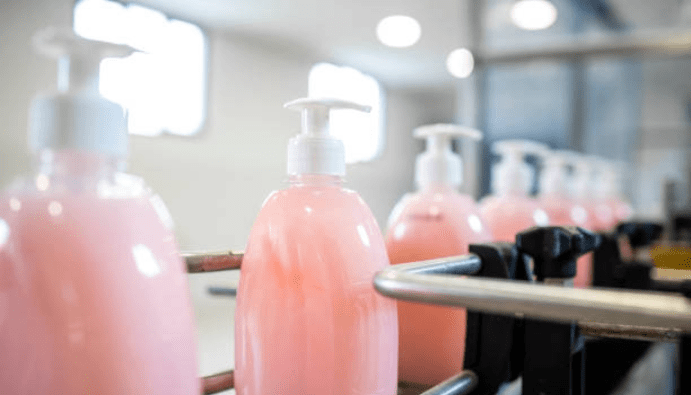
BLOG
KATEGORİDEKİ DİĞER YAZILAR

Soaps are products used for cleaning purposes consisting of a combination of various substances. In addition to the cleaning properties of soap products used today, it is preferred for consumers to show antibacterial properties. Since these products are antibacterial products, they are considered as biocidal products.
Antibacterial soap is a type of soap that is claimed to be effective against bacteria and contains certain chemical components to prevent the growth or reproduction of microorganisms. It usually contains antibacterial substances such as triclosan or triclocarban. This type of soap is widely used in both personal hygiene and healthcare organizations.
Companies that will produce antibacterial soap must obtain permits from the relevant ministries. In the file prepared in the ministry application, the product must have tests to ensure that it is effective on bacteria due to the antibacterial claim of the product. After receiving positive results from the requested tests, companies can license, produce and sell their products.
Our laboratory performs the analysis of Evaluation of Bactericidal Activity accredited by TS EN 1276 method in line with current instructions.
We perform tests on the following microorganisms in the analysis of Bactericidal Activity Evaluation by TS EN 1276 method.
Soap products are generally products that are rinsed during use. As a result of the tests performed, it must be at least 99.9% effective on bacteria in order to be considered effective on bacteria. Companies can include statements such as “99.9% destroys bacteria”, “99.9% protection against bacteria” on their product packaging if their product is effective on bacteria.
For more information, visit our website: https://www.nano-lab.com.tr/
You can follow us on LinkedIn for up-to-date news and posts about our services.
Follow our Instagram account to be informed about our latest blog posts.